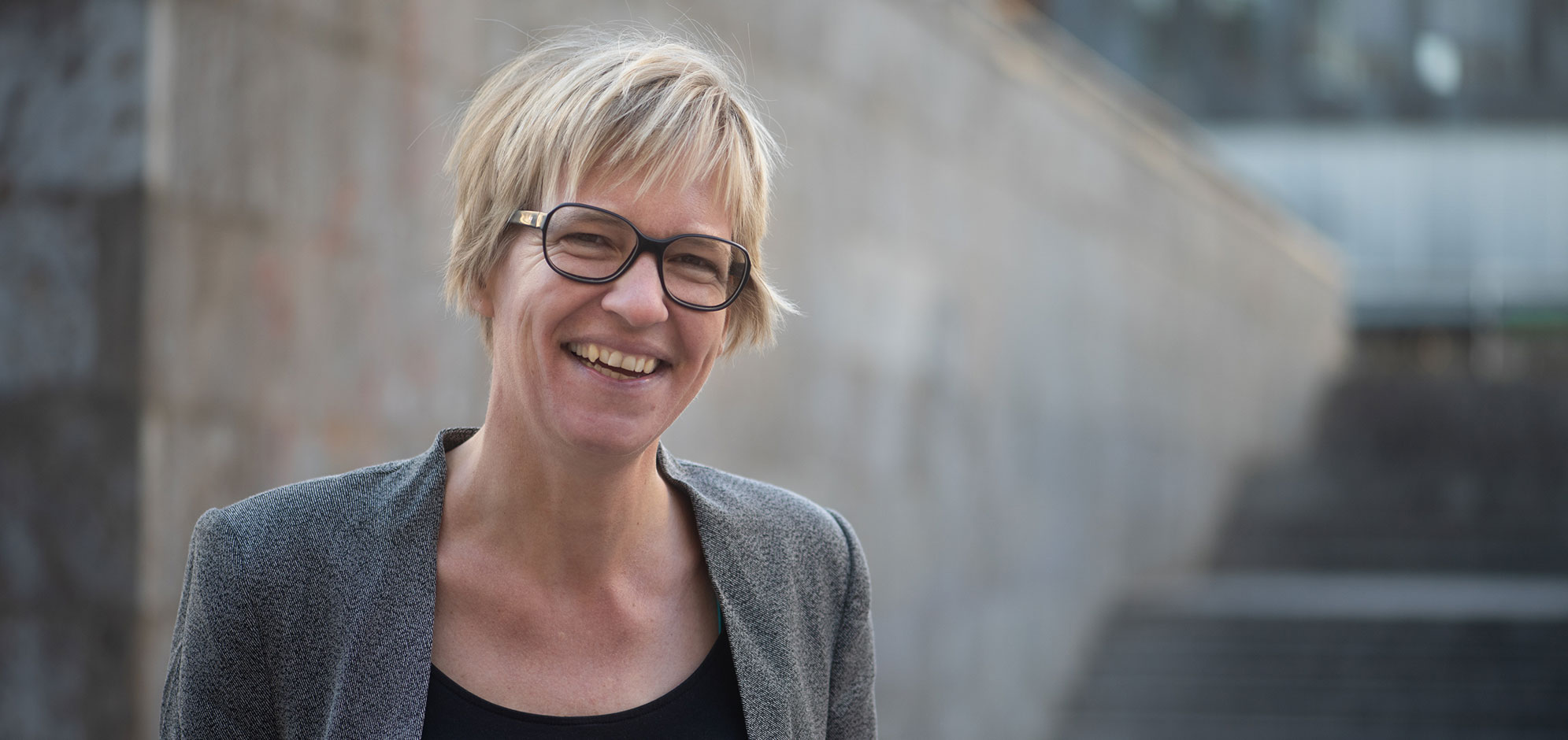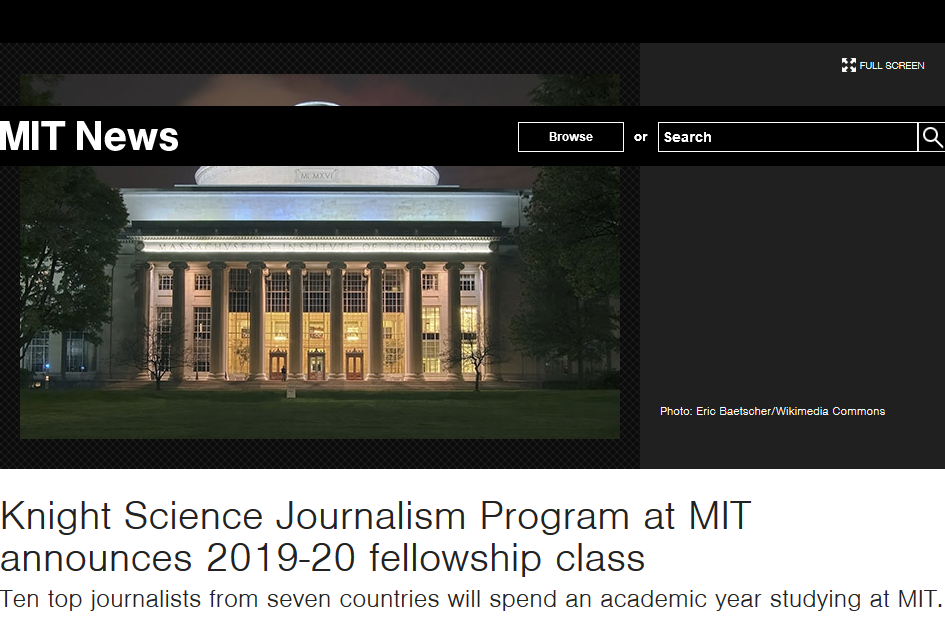I will be a Knight Science Journalism Fellow at MIT from August 2019! I am very happy to be part of an incredibly exciting and diverse group of renowned science journalists. MIT even calls us "elite journalists" in its press release, which honors me very much. But I still have to get used to this term in connection with my name. :)
What am I going to do there?
We fellows will come to Cambridge for a 10-month fellowship that allows us to explore science, technology, and the craft of journalism in depth, to concentrate on a specialty in science, and to learn at some of the top research universities in the world.
Each of us also pursues his or her own research project, for which I would like to meet many researchers from various disciplines - first of all, of course, at MIT, Harvard, Boston, Greater Cambridge Area. But we also have time for travel, which will certainly take me to other renowned US universities and institutes.
(Click on "weiterlesen" for a little insight into my project / research question for my year in Cambridge.)
The topic that moves me is the question of how technology is changing our communication. I have written a lot about this topic, considered this question from technical, political, social and psychological perspectives, and believe a holistic approach to communication and technology is missing. Therefore, during my fellowship I want to bring these research areas together to achieve a deeper understanding.
I have worked with a number of researchers on smaller projects on this topic, for example a system of machine learning to identify the opinions of individual speakers in parliamentary debates to help investigative journalists. A similar system could detect not only which texts correspond to one's opinion, but also which ones do not - and increase the diversity of individual information consumption via recommendation filters.
But we also have to ask whether people want this and how we can increase their motivation. It happened to me by accident, enabled by technology: My research in a social VR platform pulled me out of my filter bubble. This is
why I am currently working on a journalistic platform in social VR, where I meet my audience to discover complex topics togehter by talking to experts and making the topics tangible and interactable in VR.
I have also seen great projects in which Artificial Intelligence is used to check whether a claim is true - partly linked to gamification but looking "behind" the AI and seeing which information is important for this automated decision.
But how do we learn? Are people using this chance? Before we think about how technology can help us get more diversity and trust back into human communication, we really need to understand the implications.
I would like to connect with the strong research groups that MIT has in this field as well as those at Harvard and other institutions in and around Cambridge. I want to talk to researchers of all disciplines that deal with human communication, learning theories, human interaction and motivation. I also want to work with researchers who investigate mechanisms around recommendation algorithms and researchers who deal with virtual reality and artificial intelligence in order to come up with ideas on how technology can take us forward.
Last but not least, I would like to design some prototypes and test in small experiments in collaboration with researchers to find out to what extent a social-VR meeting point, for example, is promising for journalism, or how recommendation algorithms and gamification or other motivational mechanisms have to go hand in hand to reach those users who are not "already here".
My findings could be used in future journalistic projects as well as in further training for journalists. I am convinced that we science journalists can advance our journalistic industry here with what we always do: thorough research. There is no lack of innovative spirit, only sometimes a lack of evidence, of precise knowledge about how people function in this context of learning and information consumption.

